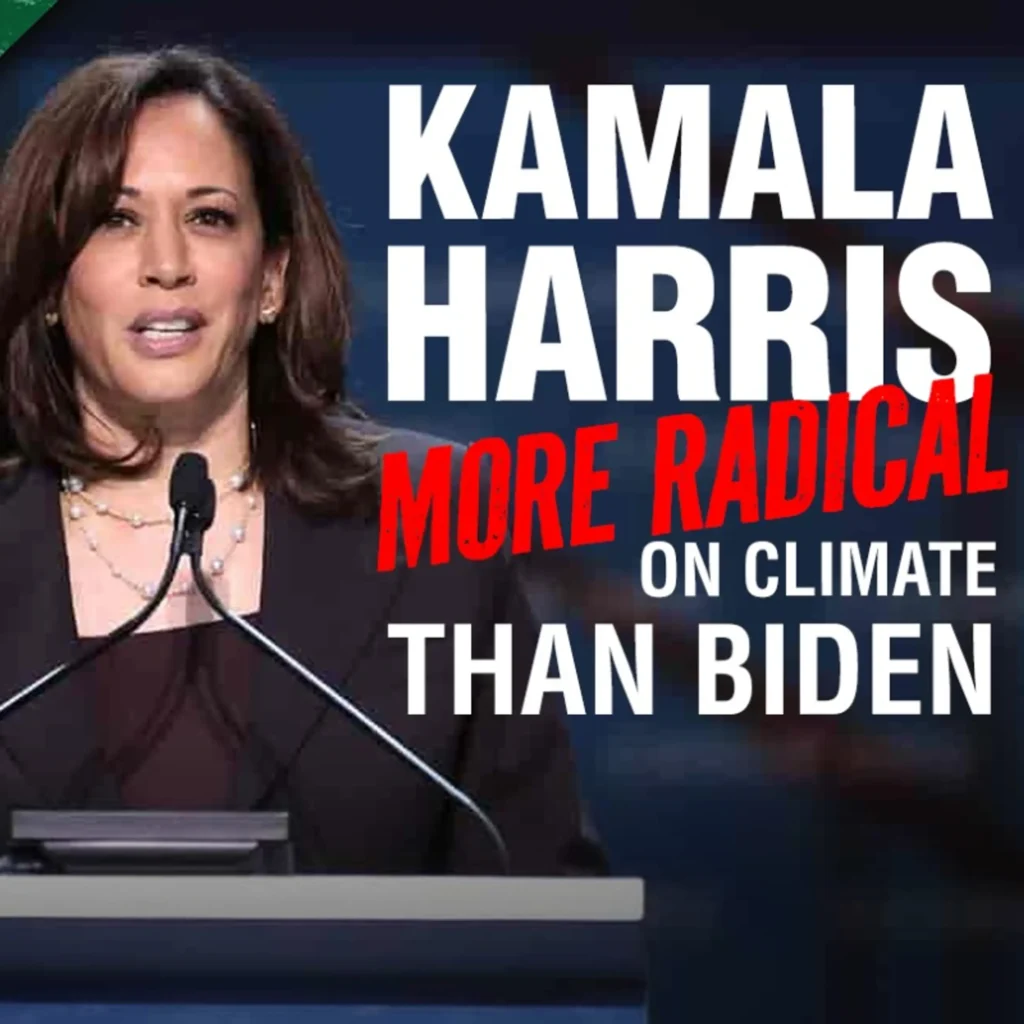CHICAGO (Aug. 11, 2009) – Heartland Institute Science Director Jay Lehr, Ph.D. is on 15-city tour of Australia in advance of the Australian government’s vote later this week on an emissions trading scheme similar to the cap-and-trade bill pending in the U.S. Congress.
Both pieces of legislation would impose a tax on emissions of carbon dioxide and cap emissions at a certain level. Businesses could buy permits to emit above their capped level, but that level gradually would shrink, making emissions permits more valuable and increasing the cost of production and the cost of finished goods.
Lehr says the Australian proposed legislation would have broad and deep negative impacts on the Australian economy and every Australian citizen, “save those who are financiers in the emissions-trading business and politicians who will gain virtual control over the lives of all Australians, possibly making Australia the No. 1 nanny state in the world.”
Here’s Lehr’s most recent report from Down Under:
PERTH, Australia (Aug. 11, 2009) – While folks can argue until they are blue in the face whether mankind has control of his climate and whether carbon dioxide is in any way a contributor to the Earth’s temperature, they have been unable to argue against proof that Australia can have no impact whatsoever on global temperatures.
That means passage of any emissions trading scheme would be all pain and no gain for Australia and its citizens.
In more than a dozen presentations from Sydney to Perth, I have asked audiences to do the math themselves:
* Carbon dioxide makes up no more than 4 percent of Earth’s greenhouse gases.
* Carbon dioxide emissions from human activity — factories, autos, power plants, etc. — account for no more than 3 percent of greenhouse gas emissions.
* The entire population of Australia accounts for no more than 2 percent of the carbon dioxide contributed to Earth’s greenhouse envelope.
* The Australian government’s emissions trading scheme is intended to reduce Australia’s human carbon dioxide emissions by only 10 percent.
The ultimate impact of this legislation would be to reduce the total amount of Earth’s greenhouse gases by an imperceptible amount any rational personal will recognize as having no possible chance of affecting climate.
Passing a cap-and-tax scheme like this may assuage some Australian guilt for occupying the planet, but at a huge price in reduced economy activity, employment, and social stability.
Some Australians believe cap-and-tax will set an example for China and India — the two biggest emitters of carbon dioxide — but I wonder what those folks are smoking. The heads of government in both China and India have made it clear they will not be bound by any scheme to ratchet down their economies to reduce their carbon dioxide emissions.



